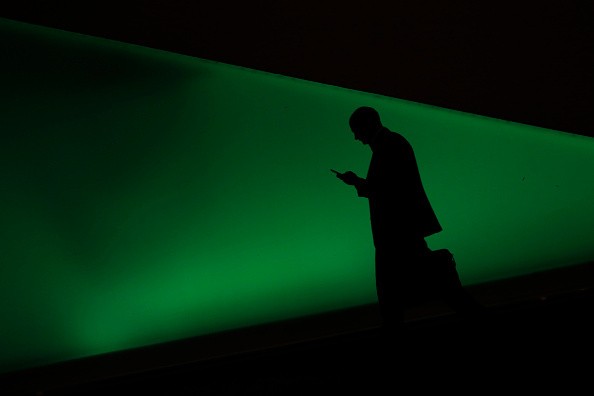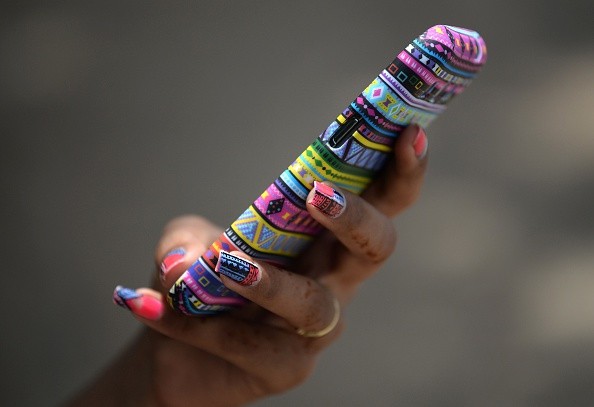Smartphone users can still be identified or tracked even if their data have anonymity. This detail was discovered by a new study titled "Anonymity takes more than protecting personal details."

The latest research about smartphone data security was published in the Nature Communications journal. Some researchers from Italy, Switzerland, and the United Kingdom worked together to complete the study.
Right now, people are always concerned about their sensitive details' security. However, their information is always put at risk because of various cyberattacks.
Smartphone Users Still Identifiable
According to France 24's latest report, a massive amount of personal data is amassed from users' smartphones. These details are gathered by various companies to develop their products, create targeted advertisements, and conduct product research.

However, many governments across the globe are making efforts to ensure that people's privacy is protected. However, the new study rejects the idea that anonymity can protect your smartphone data.
Global Times reported that smartphone data can still be tracked using various methods. These include identifying users' ways of communications when using various messaging apps, such as WhatsApp.
Because of these, researchers involved in the new security study urge security firms to create new anonymization means or methods.
Thousands of Mobile Users Participated
The new study was conducted by enrolling more than 40,000 smartphone consumers.
After the researchers acquired their mobile information, they started to conduct various hacks that online attackers and other cybercriminals commonly use.
One of the alarming things they discovered is that an anonymous smartphone user can be identified through their direct contacts.
"Our results provide evidence that disconnected and even re-pseudonymized interaction data remain identifiable even across long periods of time," said the involved security experts.
They added that their findings clearly show that the current online activities of mobile consumers are not compatible with the offered anonymization standard.
In other news, Homeland Security warns the U.S. about possible Russian cyberattacks. Meanwhile, TrickBot Malware can now bypass real-time web injections.
For more news updates about other security threats, always keep your tabs open here at TechTimes.
This article is owned by TechTimes
Written by: Griffin Davis
ⓒ 2025 TECHTIMES.com All rights reserved. Do not reproduce without permission.




